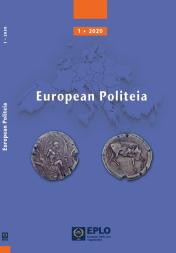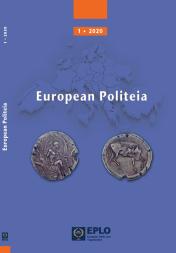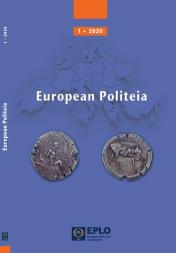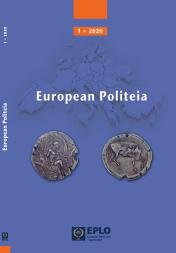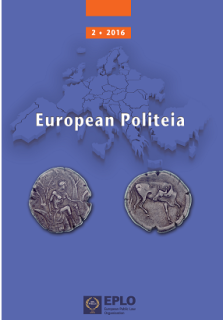
European Union and the Economy of the Gift
Professor at the Dept of Balkan, Slavic and Oriental Studies, University of Macedonia,
Thessaloniki, Greece
Assistant Professor at the Dept of Balkan, Slavic and Oriental Studies, University of Macedonia, Thessaloniki, Greece
The paper offers two parallel reflections upon the contemporary European predicament through the concept of the gift. First, the paper focuses on the existing critique drawing from ‘moral economy’ theories, according to which the European project has abandoned its own idealized ‘gift economy’, that is, its founding principles of solidarity and equality, in favor of an immoral market economy. This emphasis on the ‘immoral’ functions of market economy prevents us from recognizing that its basic principles and values have themselves become the organizing moral basis of contemporary European society. The key problem here is that all those values now associated with the EU - even those that the theories of moral economy would have recognized as ‘moral’ - are now conceptualized in a manner pursuant to neoliberal capitalism. Second, the paper offers an alternative narrative of the historical development of European integration, through four successive stories marked by distinct arrangements in the virtuous-circle relation between the gift and the expectation of a gift in return, read as doron-antidoron. Read in parallel with the historical development of neoliberal capitalism, the progress of European integration is thus represented as embedded in a series of choices between gratuity-charity for the plenty and profit-making for the few, never abandoning a European ‘gift economy’, which has fundamentally been an economy of exchange.
* A much earlier version of this paper (in Greek) was presented at the 2013 Annual HESILIR Conference, Panteion University, Athens, 19-21 Dec.















